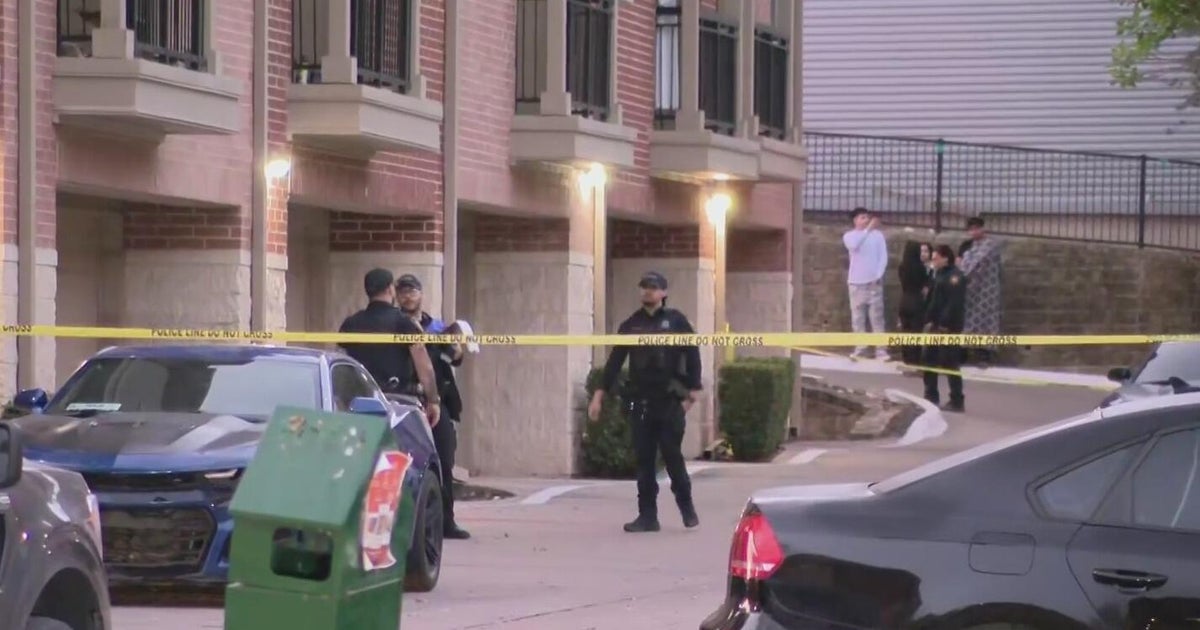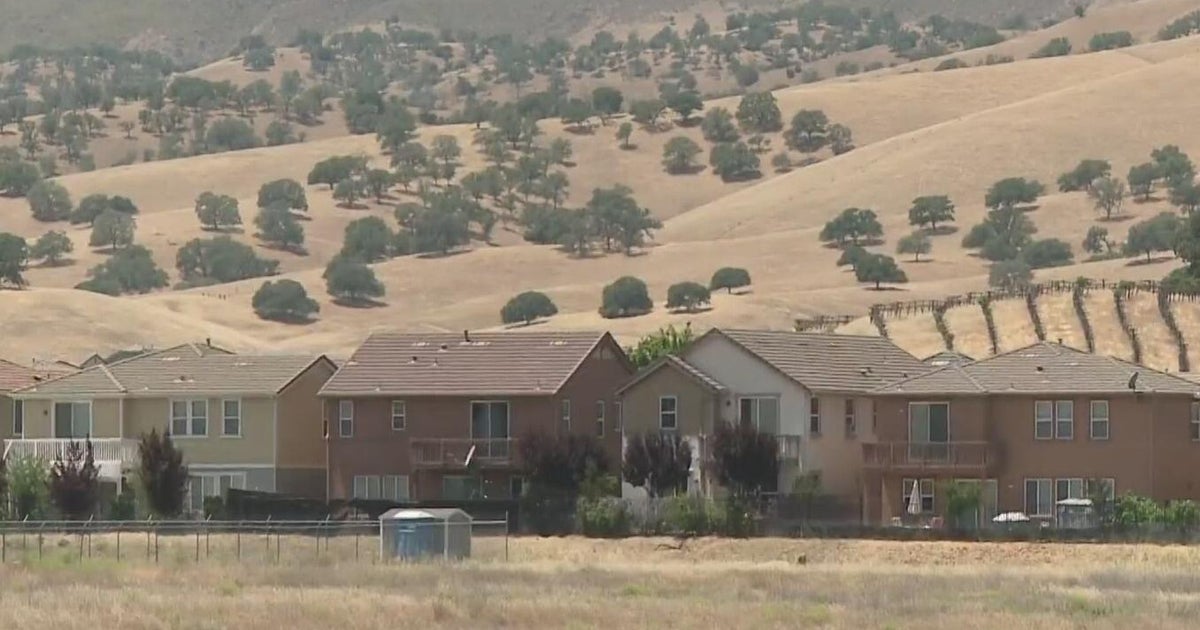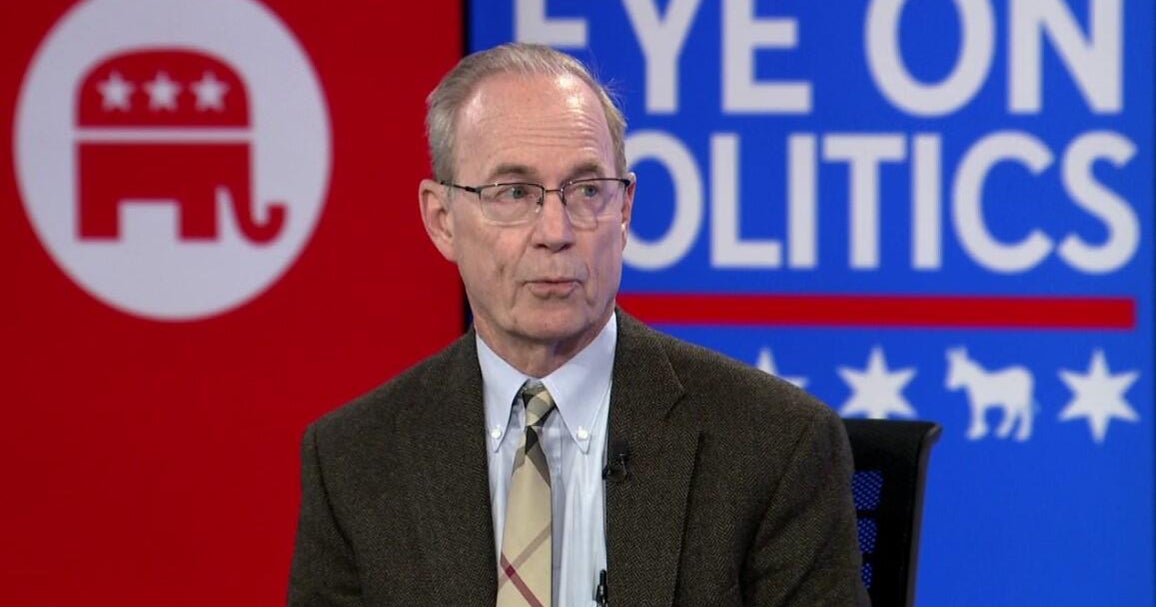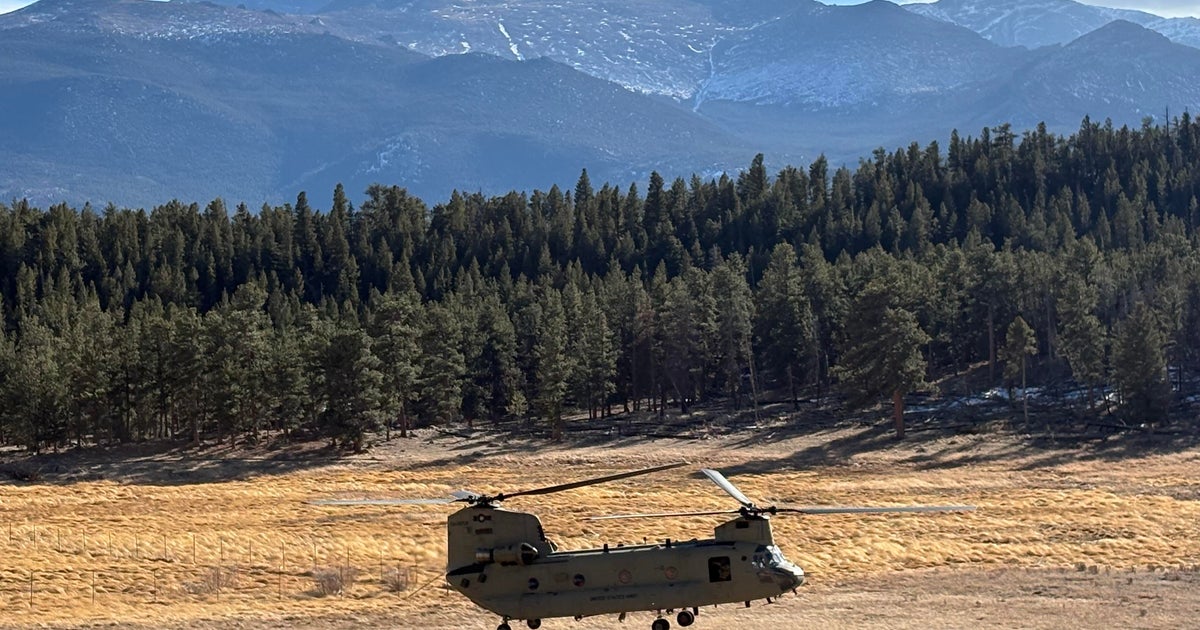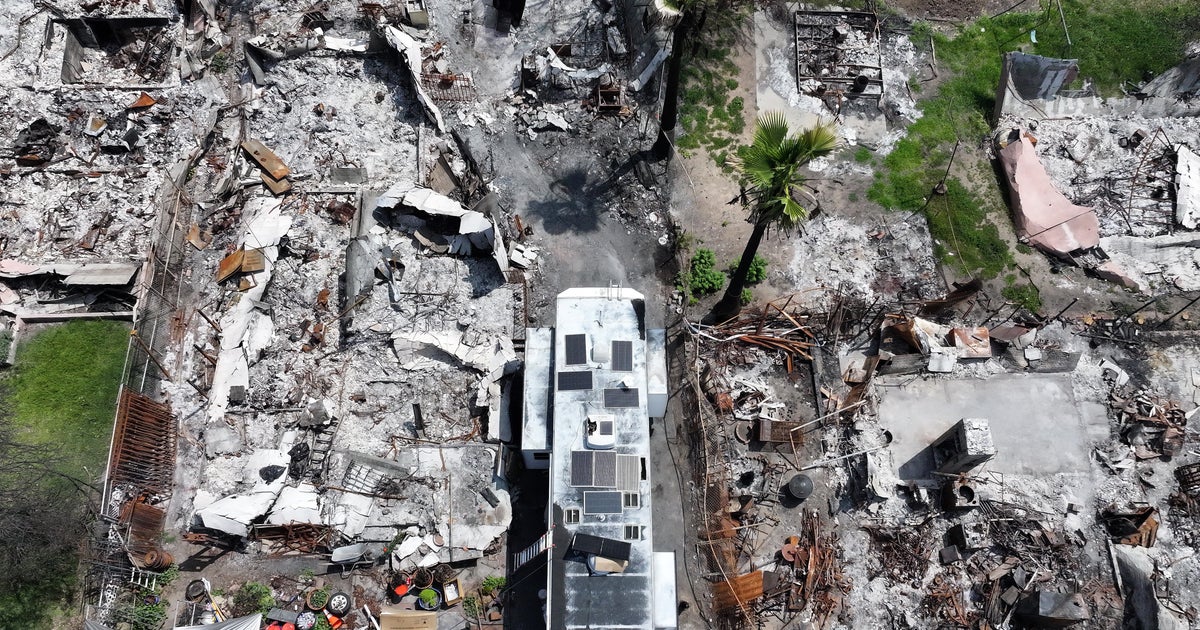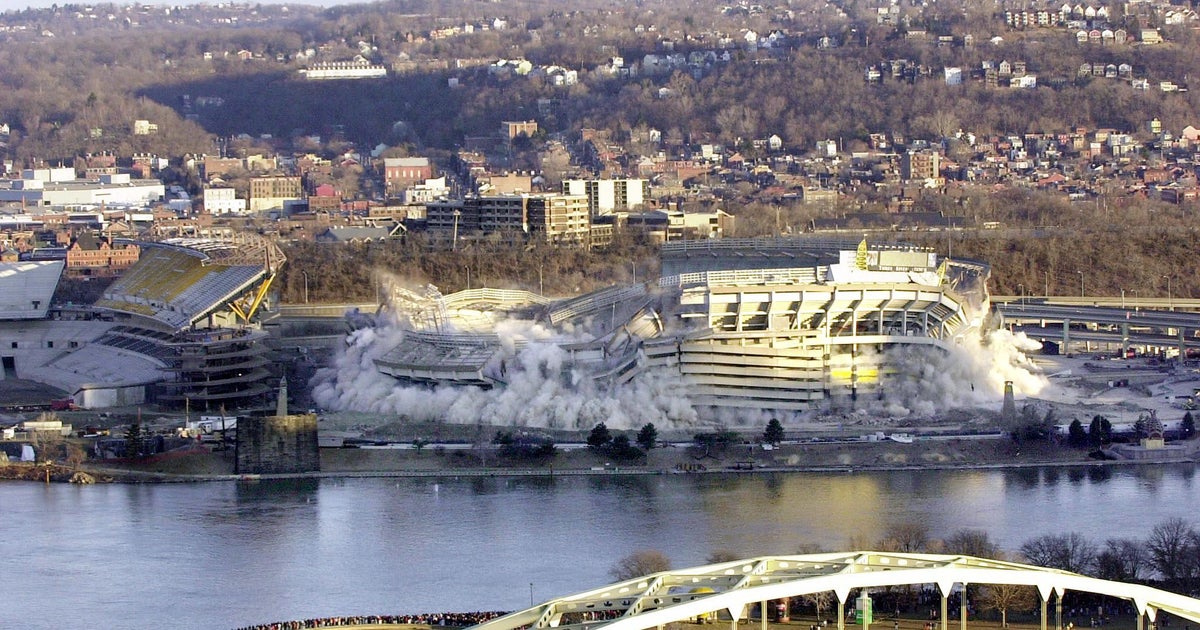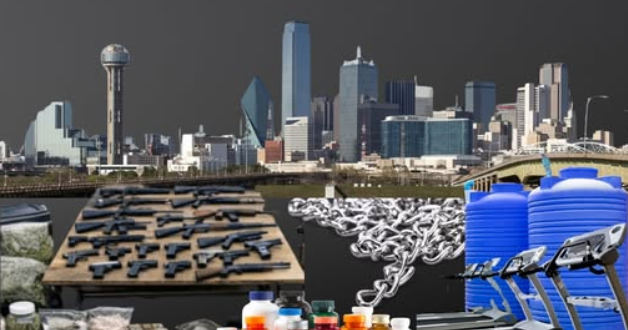Pressure for cease-fire mounts; expert describes scale of suffering, death in Gaza
CHICAGO (CBS) -- Tens of thousands of people participated in a historic national march on Washington for Palestinians on Saturday. Buses from around the country, including from Chicago, were filled with marchers demanding a ceasefire and a stop to the U.S. sending money to Israel.
House Republicans passed a $14.5 billion Israel aid bill on Thursday.
In a third visit to Israel, U.S. Secretary of State Antony Bliken met with Prime Minister Benjamin Netanyahu on Friday, asking for a "humanitarian pause" to the ongoing war in Gaza. President Biden echoed Blinken's request, saying that a short pause in military operations is needed to bring in more aid. But Netanyahu rejected any calls for a "temporary" ceasefire until more than 240 hostages are released.
Hamas has freed five hostages, including two from the Chicago area.
U.S. Sen. Dick Durbin (D-Illinois) was the first senator to call for a ceasefire and the release of hostages. The United Nations General Assembly adopted a nonbinding resolution for an immediate and sustained "humanitarian truce" on Oct.26. More than 120 countries called for a ceasefire. The United States and Israel were among the countries who didn't vote in favor of the resolution.
It has been 28 days since Israel declared war after Hamas launched a surprise attack on Oct. 7. Israel said that at least 1,400 people, mostly civilians, were killed in a coordinated and multi-front attack by Hamas. Since then, Israel has bombed schools, homes, churches, mosques, hospitals, ambulances and refugee camps in Gaza. More than 9,000 Palestinians have been killed by Israel and over 40% of homes have been damaged, according to the Gaza Health Ministry.
In several interviews with media, Israeli officials said the Israel Defense Forces (IDF) killed several Hamas commanders in their bombardments. In a recent interview with CNN, an IDF spokesperson was asked why they would "still drop a bomb" on the Jabalia refugee camp knowing civilians were there. UN Human Rights has said the attacks on the Jabalia refugee camp could be considered a war crime, according to international humanitarian law.
"Obviously Oct. 7th was a horrific terrorist attack. But, I don't think that justifies the scale again of death and destruction that is being inflicted in the Gaza strip," Khaled Elgindy, director of the program on Palestine and Palestinian-Israeli Affairs at the Middle East Institute, told CBS 2.
Palestinian women, children, and newborns are disproportionately impacted by the bombardments by Israel in Gaza, according to a new report by the World Health Organization.
"As of 3 November, according to Ministry of Health data, 2,326 women and 3,760 children have been killed in the Gaza strip, representing 67% of all casualties, while thousands more have been injured," the report reads. "This means that 420 children are killed or injured every day, some of them only a few months old."
The number of children killed in Gaza since Oct. 7 has surpassed the annual global number of children killed in "conflict zones" since 2019, according to Save The Children.
World Health Organization spokesperson and public health doctor told CBS 2 that many hospitals and doctors are without proper medical equipment. "They're sewing up people on the floor with no anesthetic just to stop the bleeding just to keep them alive," Dr. Margaret Harris said.
Some Palestinians in Gaza have said their entire families have been killed. Earlier this week, CBS 2 interviewed a man who said more than 30 of his family members in Gaza were killed in Israeli air strikes. Some family members are still missing.
"I think it's important to bear in mind that the catastrophe in human terms in Gaza is not collateral. It is not incidental. It is the deliberate policy of Israel to inflict massive suffering on the population," Elgindy said. "We know this because Israel decided to cut all food, medicine, water, fuel to the entire population of 2.3 million people. Israel could flip the switch on all of these."
The Committee to Protect Journalists (CPJ) said 36 journalists and media workers were confirmed dead as of Nov. 3.
CPJ also reports multiple assaults, threats, cyberattacks, censorship, and killings of family members.
A reporter and anchor on Palestine TV broke down into tears during a live report, grief-stricken that their veteran colleague Mohammed Abu Hatab and 10 of his family members were killed in an Israel airstrike. According to the Associated Press, just an hour earlier, Hatab had delivered a live report from the exact location where he ended up being killed.
Much of the devastation is being shown and seen around the world on social media.
"Social media is a double-edged sword. It's highly toxic, the discourse on social media, but it's also vital for getting information from people on the ground," Elgindy said.
There are few international journalists on the ground in Gaza. Palestinian photographers and videographers began documenting their life amidst the air strikes. Filmmaker Bisan Owda now starts every video update with the words, "I'm still alive"
Another on the ground Palestinian journalist is Plestia Alaqad, detailing on social media what it is like to survive in Gaza during the bombings.
"Life was never normal in Gaza, but I miss what I thought was a 'normal' life," she wrote on Instagram.
The Poynter Institute for Media Studies released a guide titled, "How to avoid misinformation about the war in Gaza" for readers and journalists alike.
